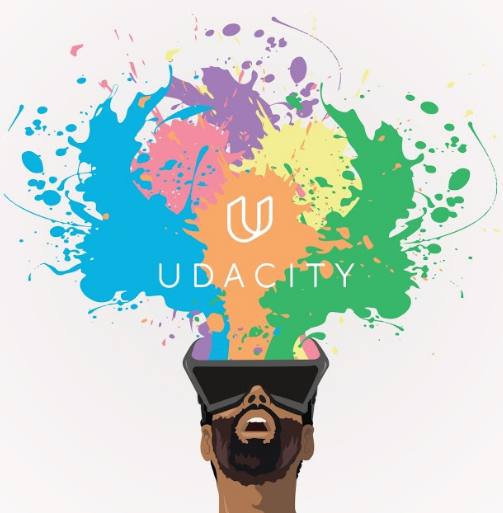| Google-backed Virtual Reality Nanodegree |
| Written by Sue Gee |
| Thursday, 29 September 2016 |
|
In conjunction with Google VR, HTC, Upload and Unity, Udacity has announced a new nanodegree for developers aspiring to a career in virtual reality.
Announcing the VR Developer Nanodegree, Udacity director Christian Plagemann, whose background as co-founder of the Google VR team and Google Cardboard before joining Udacity earlier this year gives him a special interest in this area, explained: Virtual reality is set to impact numerous industries—from gaming and movies, to education and training; from design and communication, to travel and healthcare. The technology actually allows users to go inside an experience, beyond the role of passive observer—you engage directly with the content, and act upon environments both real and imagined. Becoming a VR Developer is your passport to a new world of possibility, and this program will teach you the skills you’ll need to join the creative revolution.
Referring to Google's involvement in the new nanodegree, Nathan Martz, Product Manager, for Google VR blogged: With Google Cardboard and Daydream, our Google VR team is working to bring virtual reality to everyone. In addition to making VR more accessible by using the smartphone in your pocket, we recently launched the Google VR SDK out of beta, with native integration for Unity and UE4, to help make it easier for more developers to join the fold. To further support and encourage new developers to build VR experiences, we’ve partnered with Udacity to create the VR Developer Nanodegree. Students will learn how to create 3D environments, define behaviors, and make VR experiences comfortable, immersive, and performant. There's no detailed syllabus as yet but the following topics will be part of it:
Every registered student will receive a limited-edition mobile virtual reality viewer to be used with their mobile phone (Android or iPhone), presumably something akin to Google Cardboard. Students with access to a high-immersion VR setup such as the HTC Vive or Oculus Rift will be able to take advantage of an optional track on “High Immersion VR” that covers advanced design and engineering topics. VR Developer Nanodegree is expected to take 6 months of effort, at a cost of $199 per month tuition fee (with a 50% rebate on graduations). It is pitched at Intermediate Level and the recommended pre-requisites are:
No starting date has been announced but you can sign up to be notified when it launches.
More InformationIintroducing the VR Developer Nanodegree Program
Related ArticlesGoogle Takes VR Seriously - DayDream
To be informed about new articles on I Programmer, sign up for our weekly newsletter, subscribe to the RSS feed and follow us on Twitter, Facebook or Linkedin.
Comments
or email your comment to: comments@i-programmer.info |
| Last Updated ( Friday, 06 October 2017 ) |


